Features > Property News & Insights > Market updates
Ignorance holding back more energy-efficient homes
.png)
Image from Getty
KEY POINTS
- While most Australians want to improve their homes’ energy efficiency, around 40% don’t know where to start, with younger people especially lacking knowledge
- Adoption of all-electric homes is limited, with only 6% disconnected from gas, as high upfront costs deter uptake despite climate concerns and potential savings
- A new report calls for clearer incentives, better education and stronger support to help renters and low-income households shift to energy-efficient housing
Australians are increasingly keen to decarbonise their homes and make them more energy efficient.
But despite growing concern over climate change and soaring energy bills, new research reveals a startling truth: millions of Australians simply don’t know where to start.
Residential properties in Australia account for 25% of the nation's electricity use and 20% of carbon emissions.
However, a new Australian Home Energy Report from PropTrack and electricity provider Origin Energy, finds that 40% of respondents admit they don’t know how to improve their home’s energy efficiency.
This figure jumps to 45% among Australians under 35 - highlighting a generational knowledge gap that is slowing progress toward a cleaner energy future.
“There is no lack of concern,” the report says,“ but there is a clear disconnect between climate anxiety and meaningful action—largely driven by affordability and a lack of knowledge.”
While 65% of Australians plan to make energy efficiency improvements to their homes in the next five years, 44% still have no immediate plans, and cost remains the biggest barrier.
Almost half (45%) of all respondents said upfront expenses deter them from investing in features like solar panels, heat pumps or induction cooktops.
Renters, in particular, are feeling left behind, with 26% saying they lack control over the properties they live in.
Slow uptake of electrification
The concept of "electrification" - replacing gas-powered appliances with electric alternatives - is gaining ground, albeit slowly.
Just 34% of Australians say they understand the term well.
Despite this, 40% say they would consider switching to an all-electric home in the future, a slight decline from last year.
The potential financial benefits are substantial.
The Climate Council estimates Australian households could save over $1,000 annually by moving to all-electric homes and avoiding gas supply charges.
Yet only 6% of Australians have disconnected from the gas mains so far.
Climate concerns up, knowledge lagging
Australians are clearly concerned about the impacts of climate change - 87% express concern about rising energy bills driven by climate impacts, and 81% fear worsening biodiversity loss and water shortages.
But the fear isn’t translating into widespread upgrades.
While 38% of all respondents report experiencing climate anxiety, younger people are both the most anxious and feel the least empowered to act.
Almost half of under-35s say they’re willing to sacrifice comfort to save energy, yet few have the financial means or know-how to install upgrades.
Their average planned spending on efficiency improvements over the next five years is just $4,500, compared to a national average of $7,950.
Older Australians, particularly those over 65, are investing more heavily - with many already having installed solar panels and energy-efficient appliances.
A big energy efficiency spend
Australians are projected to spend more than $80 billion on home energy upgrades in the next five years.
Yet, 30% of Australians are still unsure if they’ll spend anything at all.
Among those who are investing, solar remains the top priority - especially in regional areas, where higher electricity costs, more available space, and grid reliability issues make energy independence more attractive.
“There’s clear momentum building,” the report notes.
“But unless we make the energy transition more accessible, millions of Australians will remain locked out of the benefits.”
Recommendations
The report calls for a coordinated push across government, industry, and the finance sectors to remove barriers and accelerate adoption of energy-efficient technology.
Only 19% of Australians believe current policies and incentives are sufficient to support home energy upgrades.
Most respondents (63%) believe property owners should bear responsibility for improving energy efficiency in existing homes, but nearly half also expect state and federal governments to step up.
For new homes, the onus shifts to builders, developers, and designers - 58% of Australians believe the construction industry must lead the charge in designing energy-efficient homes.
The report’s recommendations include:
- Clearer, streamlined rebates and incentives for both owners and renters
- Targeted education campaigns to improve understanding of energy ratings and technology
- More support for renters, including options for landlords to upgrade properties with minimal disruption
The Australian Home Energy Report says the huge projected spend on home energy efficiency over the next five years presents a major opportunity to make a meaningful contribution towards a clean energy transition.
“However, without better education, financial support, and industry commitment, many households may remain locked out of the benefits,” it concludes.
Stay Up to Date
with the Latest Australian Property News, Insights & Education.




.png?width=292&height=292&name=Copy%20Link%20(1).png)
 SIGN UP FOR FREE NEWSLETTER
SIGN UP FOR FREE NEWSLETTER
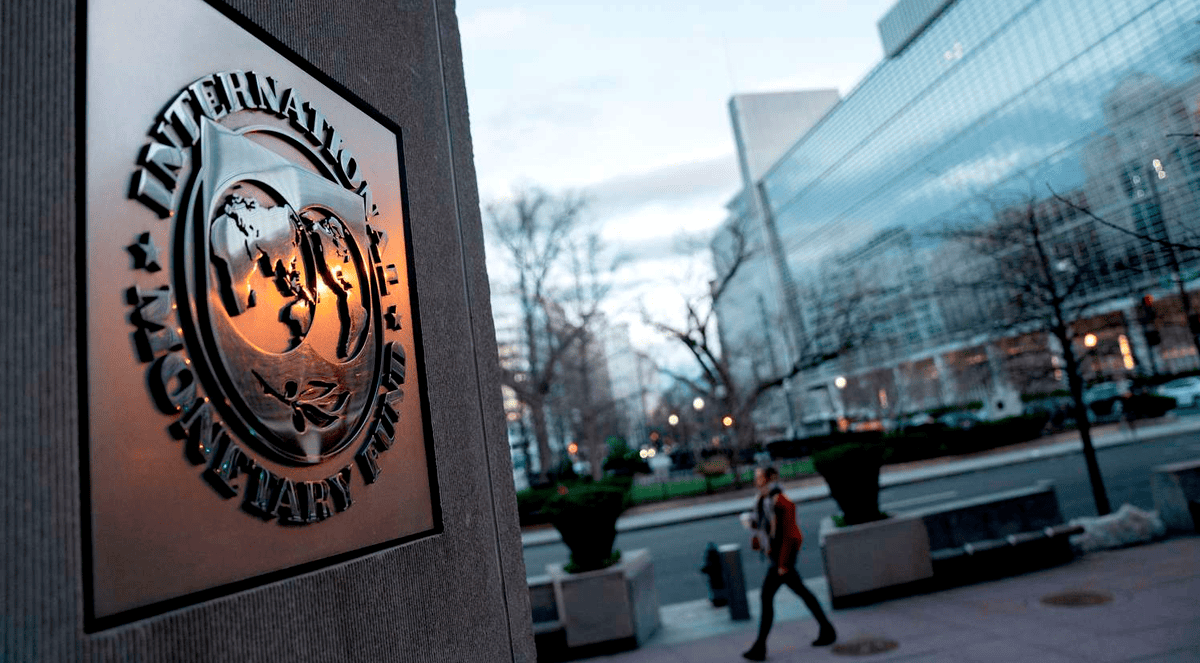
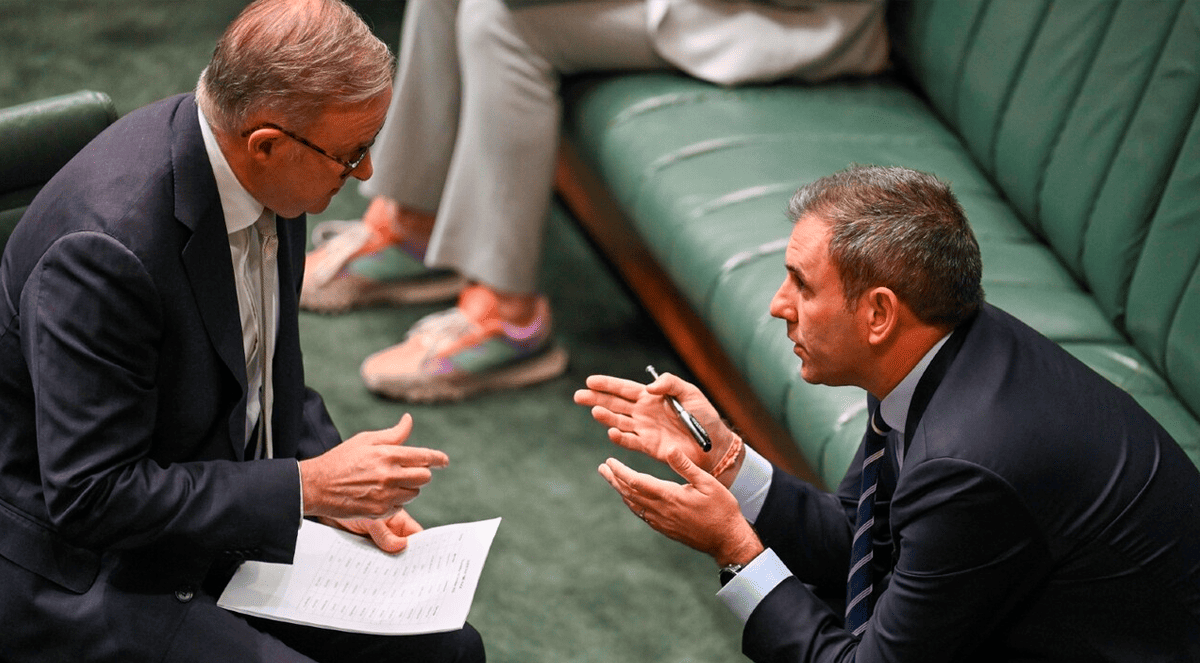
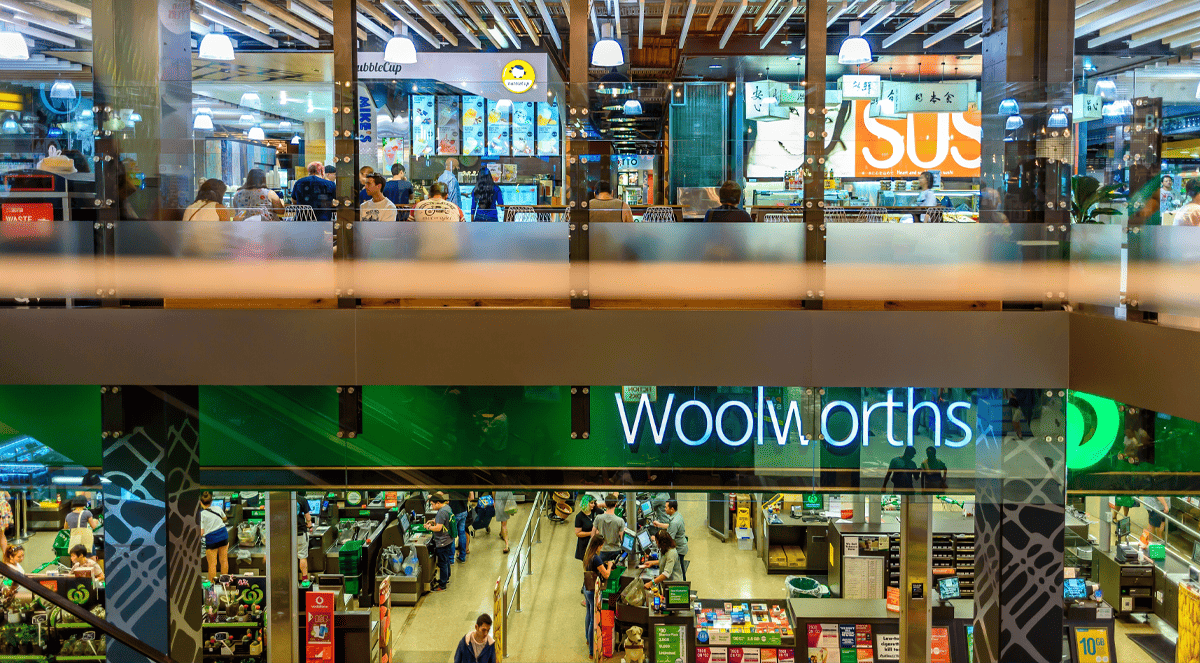
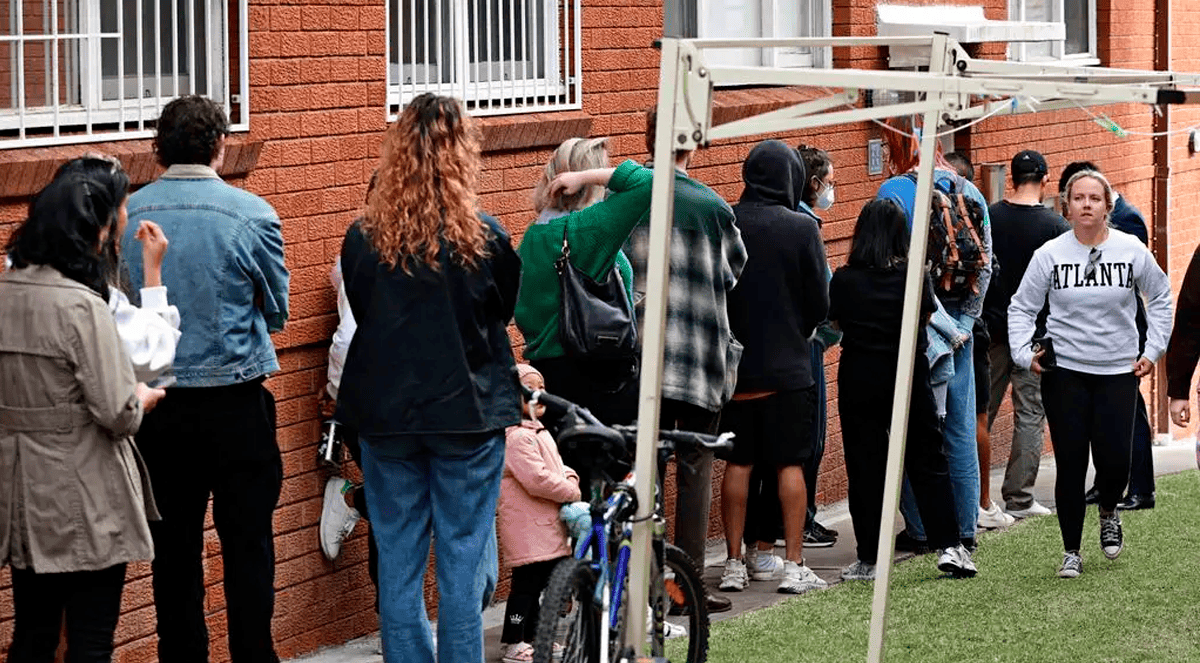
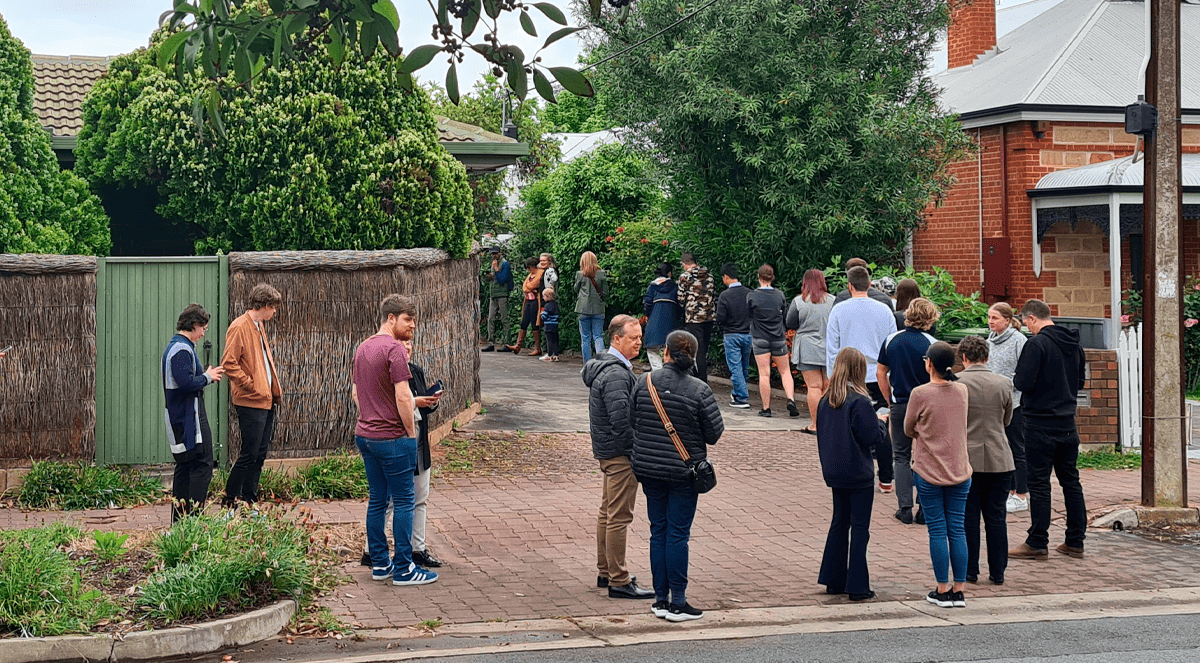




%20Scott%20Kuru%20DPU%20141.jpg?width=1920&height=1080&name=The%20Senate%20Just%20Exposed%20Australias%20Biggest%20$80%20Billion%20Housing%20Fraud%20(Inquiry%20Launched)%20Scott%20Kuru%20DPU%20141.jpg)




%20Scott%20Kuru%20DPU136.jpg?width=1920&height=1080&name=Aussies%20Just%20Got%20Hit%20With%20Double%20Taxes%20on%20Everything%20(This%20Has%20Gone%20Too%20Far)%20Scott%20Kuru%20DPU136.jpg)


%20Scott%20Kuru%20DPU%20133.jpg?width=1920&height=1080&name=JUST%20IN%20Something%20Major%20Just%20Flipped%20Australia%E2%80%99s%20Property%20Market%20for%202026%20(No%20One%20Saw%20This%20Coming)%20Scott%20Kuru%20DPU%20133.jpg)


.jpg?width=1920&height=1080&name=Rental%20Prices%20At%20Record%20Highs%20And%20Vacancy%20Rates%20At%20All%20Time%20Lows%20(New%20Data%20Reveals).jpg)
%20%20DPU%20EP%2014.jpg?width=1920&height=1080&name=Investors%20Shutting%20Out%20First%20Home%20Buyers%20(Investors%20At%20Record%20Highs)%20%20DPU%20EP%2014.jpg)

.jpg?width=1920&height=1080&name=Darwins%20Property%20Market%20Boom%20or%20Dangerous%20Gamble%20(REVEALED).jpg)

.jpg?width=1920&height=1080&name=The%20RBA%E2%80%99s%20Rate%20Cut%20Could%20Explode%20House%20Prices%20(Here%E2%80%99s%20Why).jpg)








.jpg?width=1920&height=1080&name=Warning%2c%20You%20Might%20Be%20Facing%20Higher%20Taxes%20Soon%20(1).jpg)




.png?width=1920&height=1080&name=Rate%20Drops%20Signal%20BIGGEST%20Property%20Boom%20in%20DECADES%20(1).png)

.jpg?width=1920&height=1080&name=Labor%20vs%20Liberal%20These%20Housing%20Policies%20Could%20Change%20the%20Property%20Market%20Forever%20(1).jpg)
.jpg?width=1920&height=1080&name=QLD%20Slashes%20Stamp%20Duty%20Big%20News%20for%20Investors%20%26%20Home%20Buyers%20(1).jpg)
.jpg?width=1920&height=1080&name=Trump%20Just%20Slapped%20Tariffs%20%E2%80%93%20Here%E2%80%99s%20What%20It%20Means%20for%20Australia%20(1).jpg)
.jpg?width=1920&height=1080&name=Federal%20Budget%202025%20More%20Debt%2c%20No%20Housing%20%E2%80%93%20Here%E2%80%99s%20What%20You%20Need%20to%20Know%20(1).jpg)
.jpg?width=1920&height=1080&name=Australias%20Housing%20Crisis%20is%20about%20to%20get%20MUCH%20Worse%20(New%20Data%20Warns).jpg)
%20(1).jpg?width=1920&height=1080&name=Australias%20RENTAL%20CRISIS%20Hits%20ROCK%20BOTTOM!%20(2025%20Update)%20(1).jpg)
%20(1).png?width=1920&height=1080&name=Is%20Adelaide%20Still%20a%20Good%20Property%20Investment%20(2025%20UPDATE)%20(1).png)
.jpg?width=1920&height=1080&name=RBA%20Shocks%20with%20Rate%20Cuts!%20What%E2%80%99s%20Next%20for%20Property%20Investors%20(1).jpg)
%20(1).jpg?width=1920&height=1080&name=I%20Predict%20The%20Feb%20Rate%20Cut%20(My%20Price%20Growth%20Prediction)%20(1).jpg)
.png?width=1920&height=1080&name=Why%20Property%20Prices%20Will%20Rise%20in%202025%20Market%20Predictions%20(1).png)
.jpg?width=1920&height=1080&name=Why%20Investors%20Are%20Choosing%20Apartments%20Over%20Houses%202%20(1).jpg)
.jpg?width=1920&height=1080&name=Why%20Rate%20Cuts%20Will%20Trigger%20A%20Property%20Boom%20(1).jpg)
.jpg?width=1920&height=1080&name=Retire%20On%202Million%20With%20One%20Property%20(Using%20SMSF).jpg)
.jpg?width=1920&height=1080&name=4%20Reasons%20Why%20You%20Should%20Invest%20in%20Melbourne%20Now%20(1).jpg)
%20(1).jpg?width=1920&height=1080&name=Old%20Property%20vs%20New%20Property%20(Facts%20and%20Figures%20Revealed)%20(1).jpg)
%20(1).jpg?width=1920&height=1080&name=Will%20The%20New%20QLD%20Govt%20Create%20a%20Property%20Boom%20or%20Bust%20(My%20Prediction)%20(1).jpg)
%20Scott%20Kuru%20(1).jpg?width=1920&height=1080&name=Inflation%20Hits%20Three-Year%20Low%20(Will%20RBA%20Cut%20Rates%20Soon)%20Scott%20Kuru%20(1).jpg)
.jpg?width=1920&height=1080&name=How%20to%20Buy%20Investment%20Property%20Through%20SMSF_%20The%20Ultimate%20Guide%20(1).jpg)
.jpg?width=1920&height=1080&name=Victoria%20Slashes%20Stamp%20Duty%20Melbourne%20Set%20to%20Boom%20Scott%20Kuru%20(1).jpg)
.png?width=1571&height=861&name=Are%20Foreign%20Buyers%20Really%20Driving%20Up%20Australian%20Property%20Prices%20(1).png)
.jpg?width=1920&height=1080&name=The%20Single%20Factor%20That%20Predicts%20Property%20Growth%20Regions%20(1).jpg)
%20Scott%20Kuru%20(1).jpg?width=1920&height=1080&name=My%20Prediction%20On%20Rates%20%26%20Negative%20Gearing%20(Market%20Crash)%20Scott%20Kuru%20(1).jpg)

-1.png?width=1920&height=1080&name=Major%20Banks%20Cut%20Rates%20Will%20RBA%20Follow%20Suit%20(Sept%20Rate%20Update)-1.png)
%20Scott%20Kuru-1.png?width=1920&height=1080&name=Rate%20Cut%20Coming%20What%20New%20Zealands%20Move%20Means%20for%20Australia%20(Sept%20Prediction)%20Scott%20Kuru-1.png)
%20(1).jpg?width=1920&height=1080&name=Buy%20when%20the%20interest%20rates%20are%20high!%20(Why%20you%20must%20buy%20now!)%20(1).jpg)
.jpg?width=1920&height=1080&name=Carms_Revised%20Taxes%20Due%20Aug%209%20YT%20Thumbnail02%20(1).jpg)
.jpg?width=1920&height=1080&name=Carms_Too%20Little%20Too%20Late%20Aug%207%20YT%20Thumbnail01%20(1).jpg)









.jpg?width=1920&height=1080&name=Carms_Rate%20Drop%20In%20July%20Jun%2010%20YT%20Thumbnail02%20(1).jpg)
.jpg?width=1920&height=1080&name=Carms_Own%20a%20Property%20V6%20Jun%205_YT%20Thumbnail%20(1).jpg)









.png?width=1920&height=1080&name=Artboard%201%20(3).png)






.jpg?width=1920&height=1080&name=YT%20thumbnail%20%20(1).jpg)

